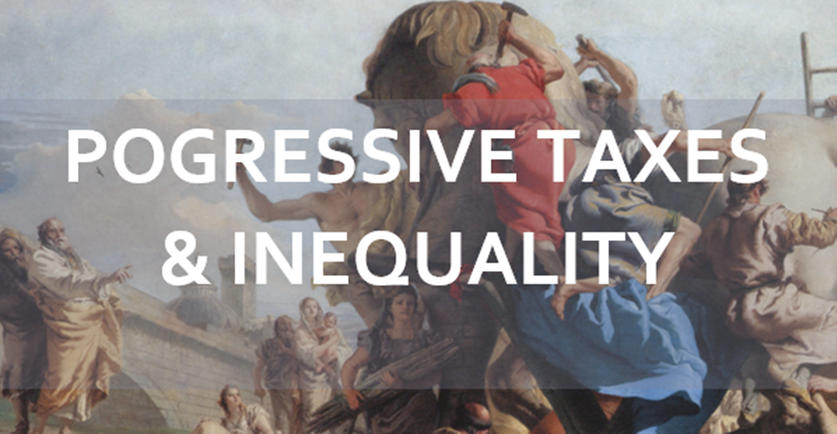Recently, income inequality has become a widely discussed topic. Increasingly more people, politicians, and scholars believe that inequality is a negative development per se and that something needs to be done about it. As a result, various measures aimed at combatting inequality are proposed, most of them concentrating on redistribution.
Progressive taxation is considered to be the most popular measure to reduce income inequality. On the contrary, the flat tax regime is usually criticized for its alleged failure to reduce income inequality.
Together with the introduction of a cap on social security contributions, the arguments that centered on the idea that the progressive income tax will reduce inequality were commonly used to justify the introduction of a progressive personal income tax (PIT) rate in Lithuania effective as of January 1st, 2019.
Sadly, the discussion was not a well-informed one and did not raise the question whether or not the progressive PIT had helped to achieve the goal of reducing inequality in other EU member states.
The aim of the conducted research was to enlighten this discussion by exploring to what extent the progressiveness of PIT is a decisive factor in reducing income inequality.
The answer to this question is based on two approaches. First, does a progressive PIT reduce income inequality significantly more than the flat one? Second, does a more progressive PIT reduce income inequality significantly more than a less progressive PIT?
The answers to these questions are significant in both theoretical and practical terms. If there appears to be no clear relationship between higher progressivity and larger reduction of inequality, then one may ask whether the calls for higher taxation on higher income can be justified on the grounds of reducing inequality.
Read the full study Progressive Taxes and Inequality here.



